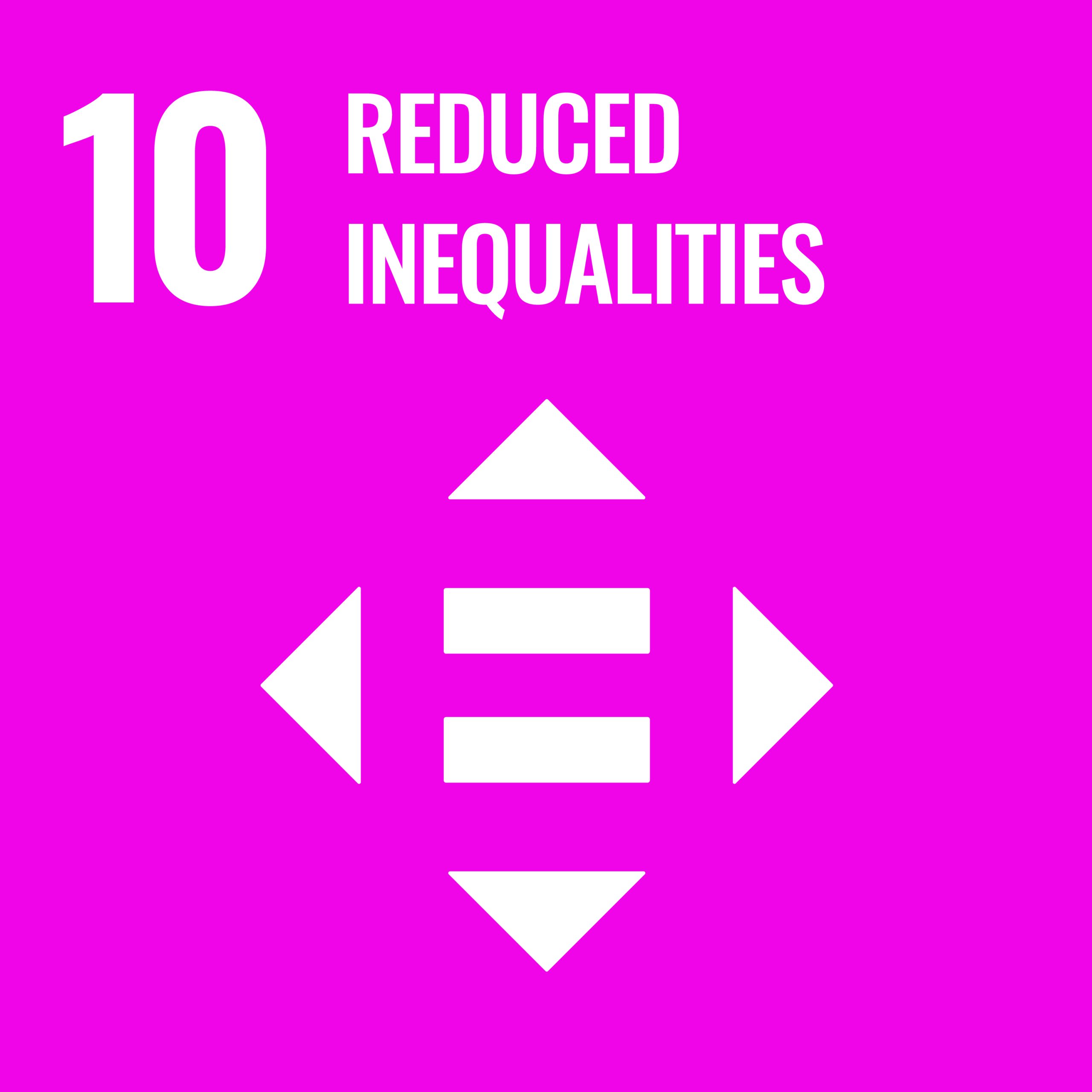

“…people with disabilities are an asset to everyone in the workplace…they make teams and organizations stronger.”
Supporting integration and empowerment for Canada’s newcomers, developing solutions for chronic homelessness, improving inclusion for people with intellectual and developmental disabilities – young leaders are taking charge of the Sustainable Development Goals (SDGs) by leading development initiatives in their communities.
The Pathy Foundation Fellowship (formerly OceanPath Fellowship) at Coady Institute provides community-focused experiential learning opportunities for young leaders to become active and effective change-makers, as they work closely with communities to foster sustainable and positive social change in Canada and around the world. With the support of up to $40,000, recent Canadian university graduates design, implement, and lead initiatives with the support of Pathy Foundation, Coady Institute, and select community partners.
“What I have definitely found in my experience as someone young who wants to make change, I’m usually not taken very seriously,” Lauren Di Felice says.
“So I feel like the fact that Coady has programs directed at youth is so important, because youth have so many new ideas that they can bring forward. Youth bring that optimism and energy that anything is possible,” she adds.
Supporting integration and empowerment for Canada’s newcomers
Lauren’s initiative is based in Kingston, Ontario, Canada, where she attended Queen’s University, and is designed to assist Canada’s newcomers with integration and empowerment in their new communities through civic engagement training.
“My first interactions with the community that I’m planning to work with actually happened when I was very young,” Lauren says. “Our household was a transitional house for refugees.”
One of the key issues that Lauren’s initiative aims to address is social isolation.
“People are usually isolated from their families, from their peers, from their coworkers from back home,” Lauren says.
“It’s around the six-month mark that you usually fall into a bit of a depression,” she adds. “That initial excitement and relief fades away and then all of a sudden really, really, missing your family, not knowing how you’re going to build a future, or not having access to the resources that you need, really sets in.”
Developing solutions for chronic homelessness
Stewart Langley is also a graduate of Queen’s University who is using his fellowship to make an impact in the city of Kingston.
“Throughout my undergraduate degree, I worked and volunteered in the community,” Stewart says. “I was able to see great work being done to support people experiencing homelessness.
“Through my personal relationships with members of the community, I have come to better understand individual capacities, needs, and desires.”
Stewart is partnering with Ryandale Transitional Housing to develop solutions to chronic homelessness by collaborating with service providers to create an integration of resources, tools, and services, “so that the community can work together”.
Improving inclusion for people with intellectual and developmental disabilities
University of Ottawa graduate, Maggie Rodrigues, is working to reduce unemployment and improve social inclusion for people with intellectual and developmental disabilities in Ottawa, Ontario, Canada.
“Amongst people with disabilities in Canada, the group of people with intellectual and developmental disabilities have the highest rates of unemployment, and it really doesn’t have to be that way,” Maggie says.
“It’s a result of systemic social exclusion, and a lack of awareness of the abilities of people with intellectual and developmental disabilities.”
“There have been so many studies done that have proven that people with disabilities are an asset to everyone in the workplace, and that they make teams and organizations stronger,” she adds.
“I’m hoping that organizations in my community can come to understand that this year. I hope that people with intellectual and developmental disabilities feel empowered and able to participate in the workplace.”
Lauren, Stewart, and Maggie are just three of nine youth fellows currently leading initiatives through this program. From Canada to Botswana – learn more about this year’s cohort at pathyfellowship.com.
